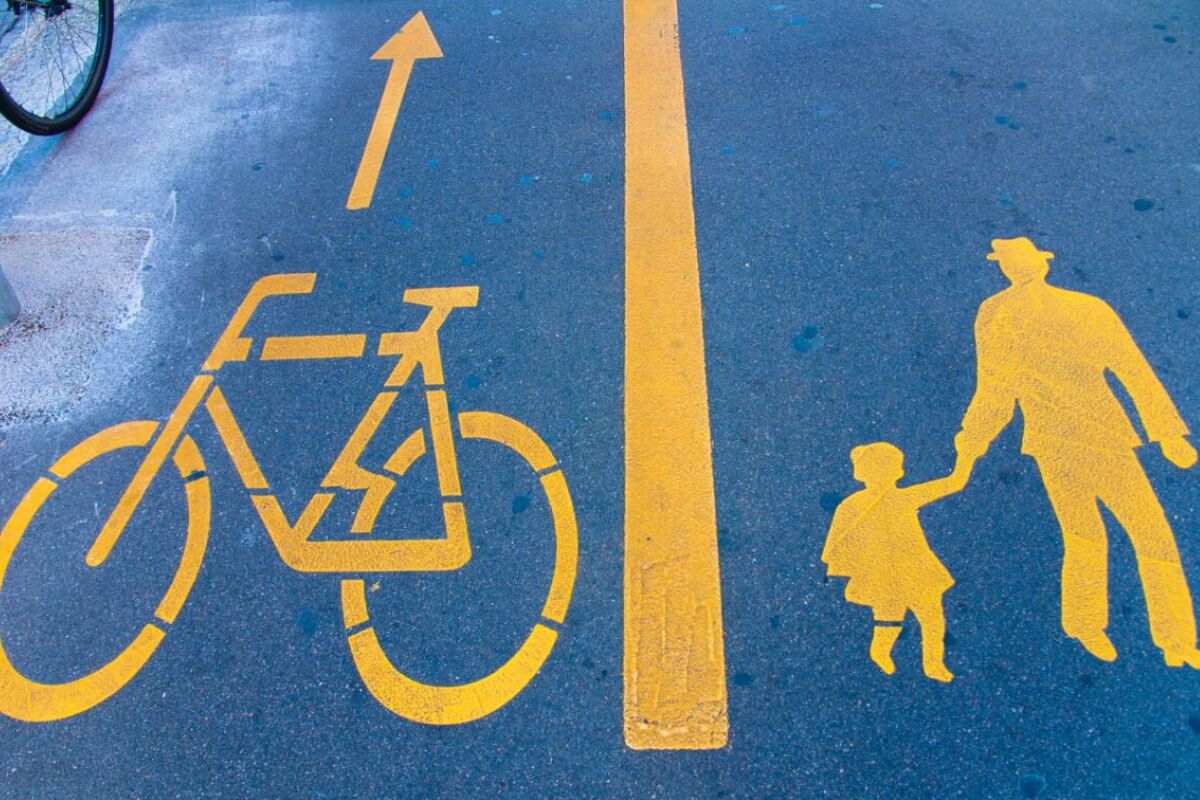Professor Matteo Colleoni presents at the Berlin Science Week the results of research on the safety, accessibility, and sustainability of mobility.
“The three keywords of our work have been safety, accessibility, and sustainability,” explains Matteo Colleoni, Professor of Urban Sociology and representative for MUSA, who will present the MUSA project “Sustainable Mobility Analyzed and Driven Through Tokenization and Gamification” at the Berlin Science Week.
The aim of the project has been to study mobility flows in and out of the Bicocca district, and then propose concrete measures to foster safer and more sustainable mobility. To achieve this, the team carried out unprecedented studies on daily movements, integrating different data sources: acoustic and optical sensors installed in collaboration with Pirelli, monitoring at the entrances of sample buildings, geolocated phone data, TomTom information on circulating vehicles, and finally, an origin-destination survey involving students, faculty, and technical-administrative staff.
Special attention was dedicated to walkability within the district. Using territorial statistical indices, the most accessible streets for pedestrian mobility were mapped. At the same time, data related to shared mobility were analyzed to gain a better understanding of the use of sharing services and vehicles.
“The project has brought together different disciplines – from geography to urban sociology, from computer science to engineering, and even psychology, with studies on voluntary changes in travel behavior,” Colleoni explains.
One of the most innovative components was developed in collaboration with the computer science group led by Professor Leporatti and with Pirelli: the tokenization of mobility. This involves detection systems that allow for monitoring and incentivizing active mobility, such as walking or cycling.
Through gamification mechanisms, the idea is to encourage virtuous behaviors by providing tools that help both citizens and institutions rethink daily travel.
“Although the University cannot directly intervene in public transport management, it provides data and analyses that can guide institutional decision-making. If our studies reveal that a pedestrian crossing is unsafe,” Colleoni notes, “Bicocca cannot remove it, but it can provide the Municipality of Milan with scientific evidence to act in that direction.”
The approach is applied research, in line with MUSA’s philosophy: not just pure theory, but concrete solutions to be integrated into an innovation ecosystem.
At the Berlin Science Week, Colleoni and researcher Oscar Azzimonti will present the methodologies used, the sources of the collected data, and the main results achieved. In particular, they will showcase maps of mobility flows, walkability indices, and proposals to improve the safety, accessibility, and sustainability of movement within the district.
“It is well-executed research, based on solid data,” concludes Colleoni, “which allows us to point to the interventions needed to create a more sustainable urban ecosystem.”





